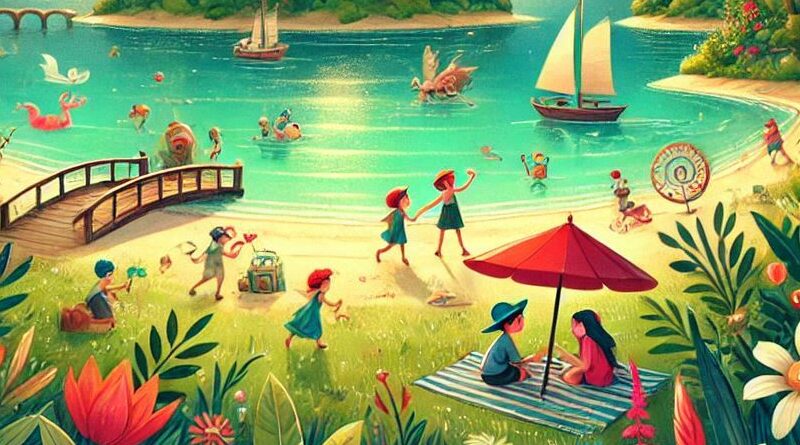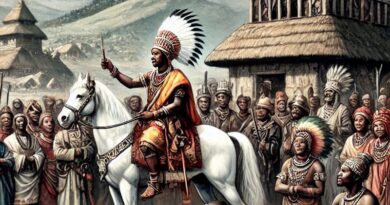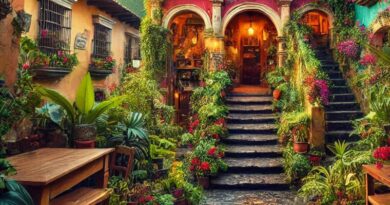
The Enchanting Tale of Bonny Island: A History and Culture
Nestled in the heart of the Niger Delta, Bonny Island is a captivating blend of history, culture, and natural beauty. This remarkable island, located in Rivers State, Nigeria, is a testament to the resilience and rich heritage of the Ibani people. Join us as we journey through time to explore the fascinating history and vibrant culture of Bonny Island.
Contents
Ancient Beginnings
Long before Bonny Island became a prominent trading hub, it was known as Okoloama, meaning “the land of fish.” The Ibani people, the island’s original inhabitants, were skilled fishermen and traders. Their early society was organized around the chieftaincy system, with each family group led by a chief.
The island’s strategic location along the Atlantic coast made it an attractive spot for traders. By the 15th century, Portuguese explorers had recognized Bonny Island’s potential as a trading post, marking the beginning of an era of significant economic activity.

The Rise of a Trading Powerhouse
The 17th and 18th centuries were transformative for Bonny Island. It emerged as a major center for the transatlantic slave trade, exchanging enslaved Africans for goods such as firearms, textiles, and alcohol. Despite the dark history of the slave trade, this period also saw the rise of the Kingdom of Bonny, a powerful entity that played a crucial role in regional politics and commerce.
The kingdom was governed by the Amanyanabo (King) and a council of chiefs, each representing different families and communities. This system of governance ensured a balanced and inclusive leadership, with the Amanyanabo serving as both the spiritual and political leader.
Cultural Flourish and Resilience
The Ibani people of Bonny Island are renowned for their rich cultural heritage and traditions. The Ibani language, a dialect of the Ijaw language group, is widely spoken and serves as a key element of their identity. Traditional ceremonies, dances, and festivals are central to the community’s social fabric.
One of the most celebrated events is the Bonny Fishing Festival, a vibrant showcase of the island’s maritime heritage. This annual festival brings together locals and visitors to enjoy boat regattas, traditional music, dance performances, and colorful displays of cultural artifacts.

The Modern Era
Today, Bonny Island is a bustling hub of economic activity, primarily driven by the oil and gas industry. The island is home to the Nigeria Liquefied Natural Gas (NLNG) plant, one of the largest in Africa. Despite the modern developments, the people of Bonny Island remain deeply connected to their cultural roots and historical legacy.
Visitors to Bonny Island can explore historical sites, such as the ancient royal palace and traditional shrines, and immerse themselves in the local culture by attending traditional ceremonies and festivals. The island’s pristine beaches and scenic landscapes also offer a perfect getaway for those seeking a blend of history, culture, and natural beauty.
And so, the enchanting tale of Bonny Island continues, a place where history and culture intertwine, creating a rich tapestry that captivates all who visit. The Ibani people, with their resilience and vibrant traditions, ensure that the legacy of Bonny Island lives on for generations to come.








Pingback: The Bonny Chieftaincy System - storiesbay
What about it!
Anything?
This is the right blog for anyone who wants to find out about this topic. You realize so much its almost hard to argue with you (not that I actually would want…HaHa). You definitely put a new spin on a topic thats been written about for years. Great stuff, just great!
Thanks